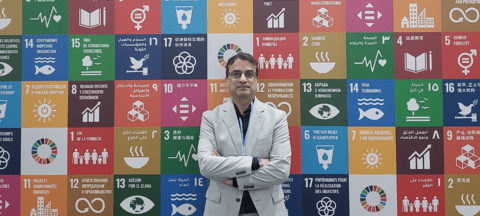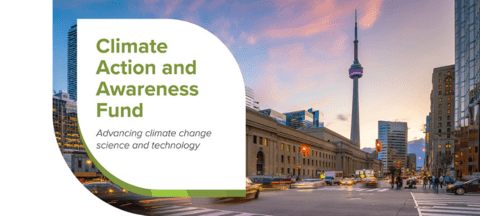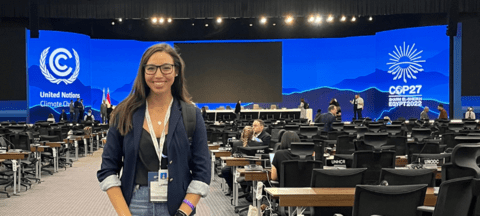New research could divert a billion pounds of clothes and other fabric items from landfills
Researchers from the University of Waterloo and Seneca College, including Olaf Weber environment professor and Waterloo Climate Institute member, have developed a new grading system for waste that could divert a billion pounds of clothes and other fabric items from landfills. The new method will evaluate an item’s quality from A to F and whether it can be resold, recycled or tossed. In testing this method, they found that more than half of textile waste in Canada could be reused and almost a quarter could be recycled.









